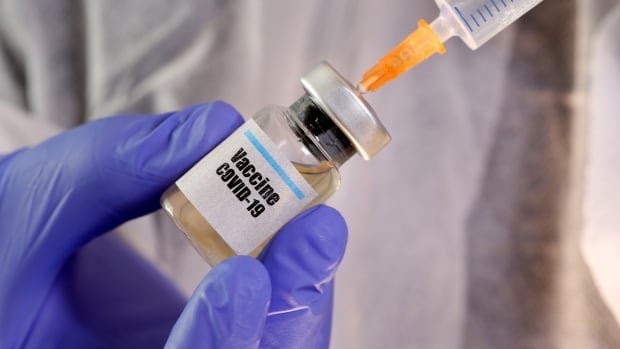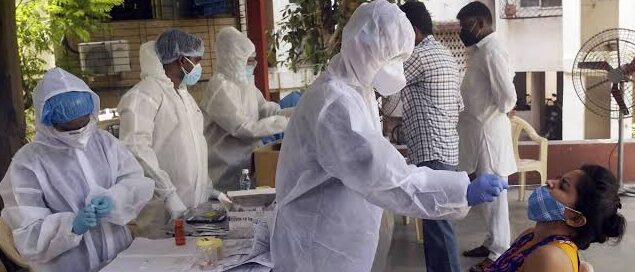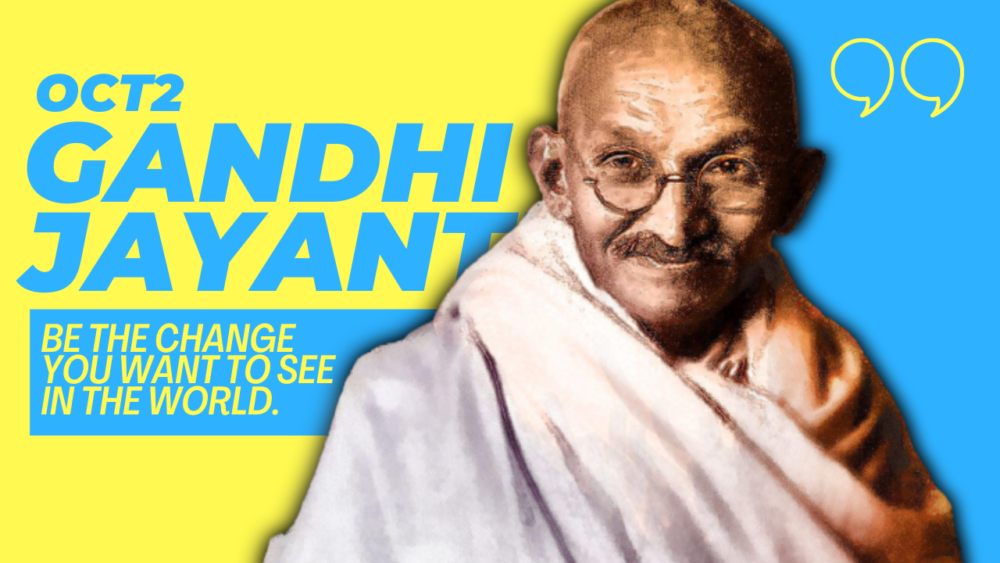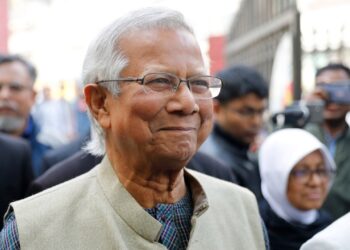Mr. Anil Hebbar, who operates a medical equipment firm, had visited his 62-year-old friend, a well-known social worker, in the intensive care unit, hours before his life ended. The social worker was not the only friend Mr. Hebbar lost during the pandemic. More than 10 people known to him have succumbed to the virus.
“There was a constant fear that their turn would come soon,” told Anil Hebbar, a 56-year-old in Mumbai, narrating the coronavirus rise in the city two months ago. “My mother is 85 years old. She is a cancer patient and has undergone two surgeries.”
Currently, India has more than 9 million reported COVID-19 cases, close to the figures in the United States. Since March, Mumbai quickly developed as a hotspot of the country. The city has noted more than 230,000 cases so far.
In early October, one of his friends informed him that the six-month trial for the second and third phase of the vaccine generated by AstraZeneca and Oxford University was going on at a Mumbai hospital, and they were tumbling shortly of around 50 participants.
Wishing to help end the trail of death he privately witnessed, and without announcing his intention to his family, Hebbar reached the hospital and decided to as a serve vaccine volunteer.
“It was all very overwhelming. I felt this had to stop. That’s one reason I decided to volunteer for the Covid-19 vaccine trial,” said Mr. Hebbar.
The vaccines are made from a virus which is a weakened interpretation of a common cold virus that provokes infections in chimpanzees.
It has been genetically altered so that it is difficult to grow in humans, according to Dr. Tania Thomas of the Oxford Vaccine Group.
It is also one of the most favorable Covid-19 vaccines among some 180 being tested around the world. None has yet finalized clinical trials.

Mr. Hebbar is among the more than 20,000 volunteers who have enrolled for this trial in the UK, Brazil, South Africa, and India. In India, he has enrolled 1,600 volunteers who are obtaining doses at 15 centers across the country. With more than seven million recorded infections, India has the second massive caseload worldwide after the US.
The trials will find out whether the vaccine provides good immune reactions and whether it causes any distasteful side effects. Adult participants will be randomized to accept one or two doses of either the vaccine or a licensed vaccine that will be used as a “control” for comparison.
It was not manageable for Mr. Hebbar to persuade his family to join what is an altruistic – and potentially dangerous – trial.
His wife, a professor of development studies at a leading social sciences school, was not delighted about it, he says. His 11-year-old daughter interviewed him on what a vaccine trial meant. News about the brief suspension of trials after two volunteers fell sick in the UK ignited the family’s anxieties.
But not Mr. Hebbar’s. “I didn’t worry at all. I have faith in science,” he says. In early October, he phoned a hospital in Mumbai which was performing the second and third phases of the trials.
He was told that 55 people had enrolled for the six-month trial, but discovering the lagging 45 in a planned 100-volunteer trial at the hospital was “evolving to be difficult”.

The next morning, he drove to the hospital where physicians took a blood sample and swabs for a Covid-19 test. The trial partaker must test negative for SARS-CoV2, the virus that results in Covid-19, be in good health and, in the trial of women, not be pregnant.
The next day, doctors informed him of the empirical vaccine, got him to sign an approval form, and gave him a single shot of a vaccine. They expected him to rest for 30 minutes, specified anti-fever pills, and paid 500 rupees ($6.81; £5.27) as a payment for participation.
Doctors told him that three of the 55 volunteers had a “slight fever”. Then they told him to return in early November to procure a second dose. Mr. Hebbar will also have to visit the hospital once every month over the next six months for check-ups, and phone them if he “feels anything unusual”.
“It was a very smooth and painless process. I just felt a bit tired, possibly because I had been driving around the city a lot,” Mr. Hebbar said.
When India’s extensive lockdown to slow down the spread of the virus started up in late March, Mr. Hebbar locked his firm, sent his 45 employees home, and flooded into relief work. “It was a terrible state of affairs. The lockdown was so badly executed,” he said.
Since then, he has driven 28,000km (17,398 miles) in and around Mumbai, distributing over a million foods and necessities and operating shelters for the homeless and abandoned workers who lost their jobs.
“I have been on the streets, visiting slums and hospital ICUs, meeting people, and distributing food and relief material for the past few months. I have worn a mask. But I don’t have an irrational fear of the virus,” he added.
Mr. Hebbar even arranged to persuade some of his friends to enroll in the vaccine.
“The pandemic has been a life-changing experience. But I am very optimistic that this vaccine will work. We will beat this virus together,” he says.
However, Earlier this week, the Serum Institute of India filed INR 1 billion ($13.5 million) denigration suit against a trial participant in South India for declaring that the vaccine dose caused him “serious side effects.” The participant alleged that withstanding the trials caused a “neurological and psychological” breakdown that impaired his cognitive abilities.
Reacting to the controversy, Hebbar said that as a vaccine volunteer, he was “prepared for anything.”
However, he believes, ”This is a strong-arm tactic and is not in good taste, ” and added, “By continuing the trial, aren’t they putting participants at risk?”
For those feeling COVID-19 fatigue, Hebbar said, “This is going to stay for some time. Please have patience.”
Also, read:
8 Covid Vaccine candidate that can act as a milestone to end this pandemicpandemic
Two doses of Oxford vaccine to cost ₹1000, says India’s Serum Institute Chief Adar Poonawalla
Pfizer and BioNtech brings hope as they complete the 3rd phase of their COVID-19 vaccine











